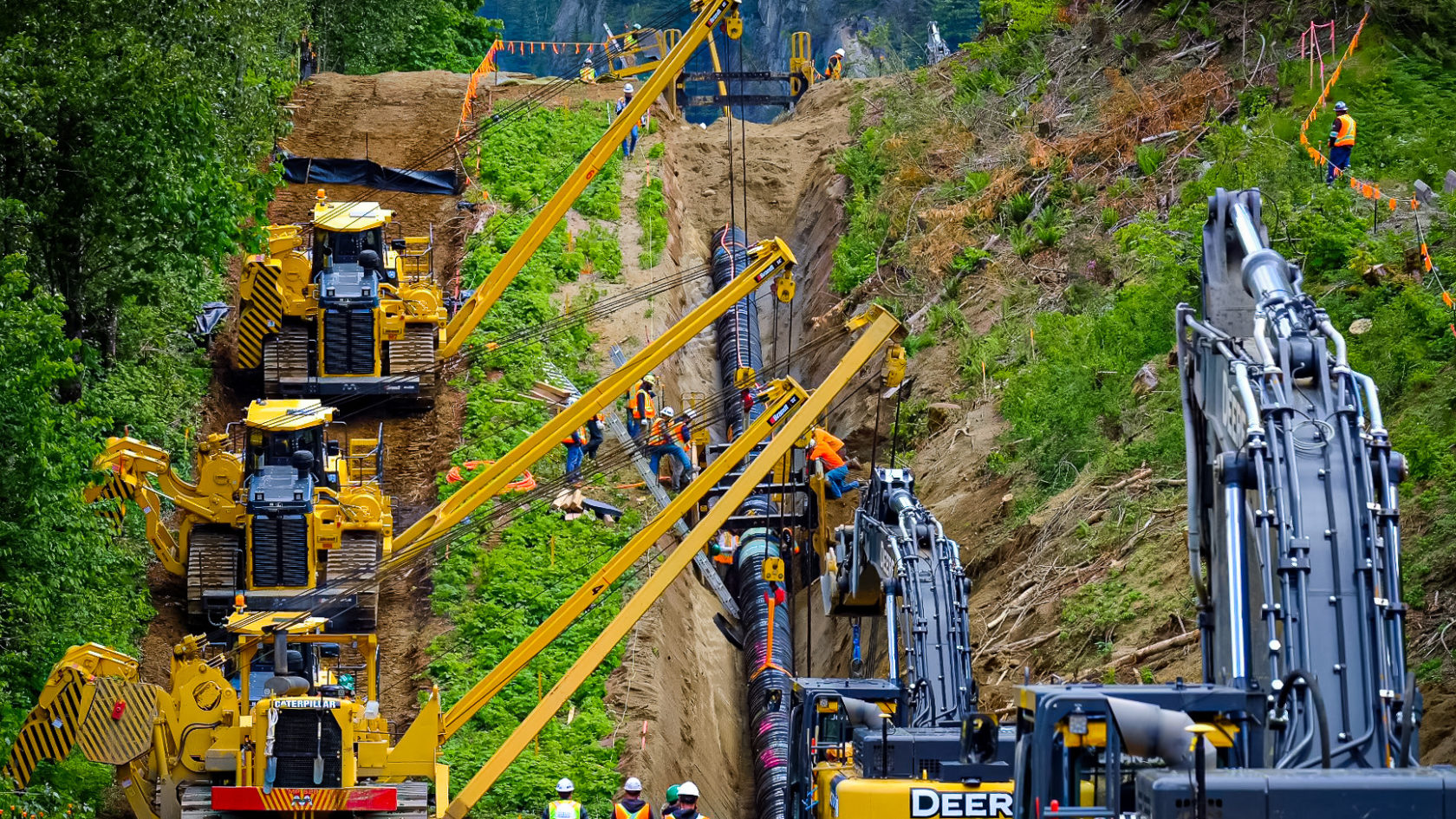Canadian oil is arriving to supply customers in Asia and India, confirming the opportunity for the Trans Mountain pipeline expansion’s access to global markets as demand continues to grow.
But many of the tankers aren’t leaving from Canada’s shores. They’re being loaded from terminals on the U.S. Gulf Coast, according to price reporting agency Argus Media.
“All of this discussion of Canadian crude in Asia is not academic,” Argus vice-president Jeff Kralowetz told an industry webinar on May 20.
“Western Canadian Select is becoming one of the deliverable grades at the Chinese coast that competes head-to-head with other heavies like [Iraq’s] Basrah Medium and Basrah Heavy. WCS is a player.”
Argus reports that in March, nearly 170,000 barrels per day of Canadian crude was re-exported out of the U.S. Gulf Coast. Most of it, almost 100,000 barrels per day went to China, 57,000 barrels per day to India and about 16,000 barrels per day to Korea.
That’s about one quarter of the 630,000 barrels per day Canada exported to the U.S. Gulf Coast market in the same month.
Absent the Keystone XL pipeline, which would have been a direct pathway from Alberta to the U.S. Gulf Coast, Canadian oil is able to reach the market on Enbridge’s smaller, connecting pipelines Flanagan South and Seaway. And by rail.
Oil sands producer MEG Energy now moves the majority of its barrels to the U.S. Gulf Coast using Flanagan South and Seaway. The company has 100,000 barrels per day contracted on the system, which is nearly one-third of Seaway’s full capacity on the final leg to Texas.
MEG reports that in 2020, its oil sold for $9.55 more per barrel on average at that destination compared to in Edmonton.
MEG’s Access Western Blend crude is similar to WCS, which Argus reports is selling at a close price to competing global grades in the Asia-Pacific market.
The Argus Crude forward price for WCS delivered to China this July is just $1.47 less per barrel than Iraq’s Basrah Heavy.
“We’ve seen, and our peers have seen, very significant demand from Asian refineries from both China and India. That’s been drawing those barrels out of the Gulf Coast, as well as the [Gulf Coast] refiners,” MEG chief financial officer Eric Toews told analysts when presenting the company’s year-end results.
“We don’t see that structurally changing as we move through 2021 and frankly, into 2022 and onward.”
Improved commodity prices tied to the global recovery from the COVID-19 pandemic have boosted the earnings outlook for Canadian oil and gas producers. In fact, companies are expected to see a record $70 billion in free cash flow this year, according to ARC Energy Research Institute.
That’s good news for investors, who globally are increasingly focused on benefits like dividends and share buybacks, and debt reduction, over growth. But even if that trend wasn’t the case, Canadian oil and gas companies are challenged to invest in new projects that generate jobs and new revenues, says Phil Skolnick, New York-based analyst with Eight Capital.
It’s all a matter of lack of pipeline access, which in particular the Trans Mountain Expansion will help address, he says. The project, which is approaching peak construction with 7,875 people working along the route, has long-term shipping contracts from oil sands producers including MEG Energy.
“What would be really good for employment would be TMX,” Skolnick says.
The U.S. Energy Information Administration forecasts that global oil and liquids demand will rise to 101.4 million barrels per day in 2022, outpacing demand prior to the COVID-19 pandemic.
Without increased supply from Canada, that demand will be met by other jurisdictions including the OPEC+ producers, who are not as transparent or focused on environmental, social and governance performance.
The Trans Mountain expansion is expected to be in service in early 2023.
The unaltered reproduction of this content is free of charge with attribution to Canadian Energy Centre Ltd.
